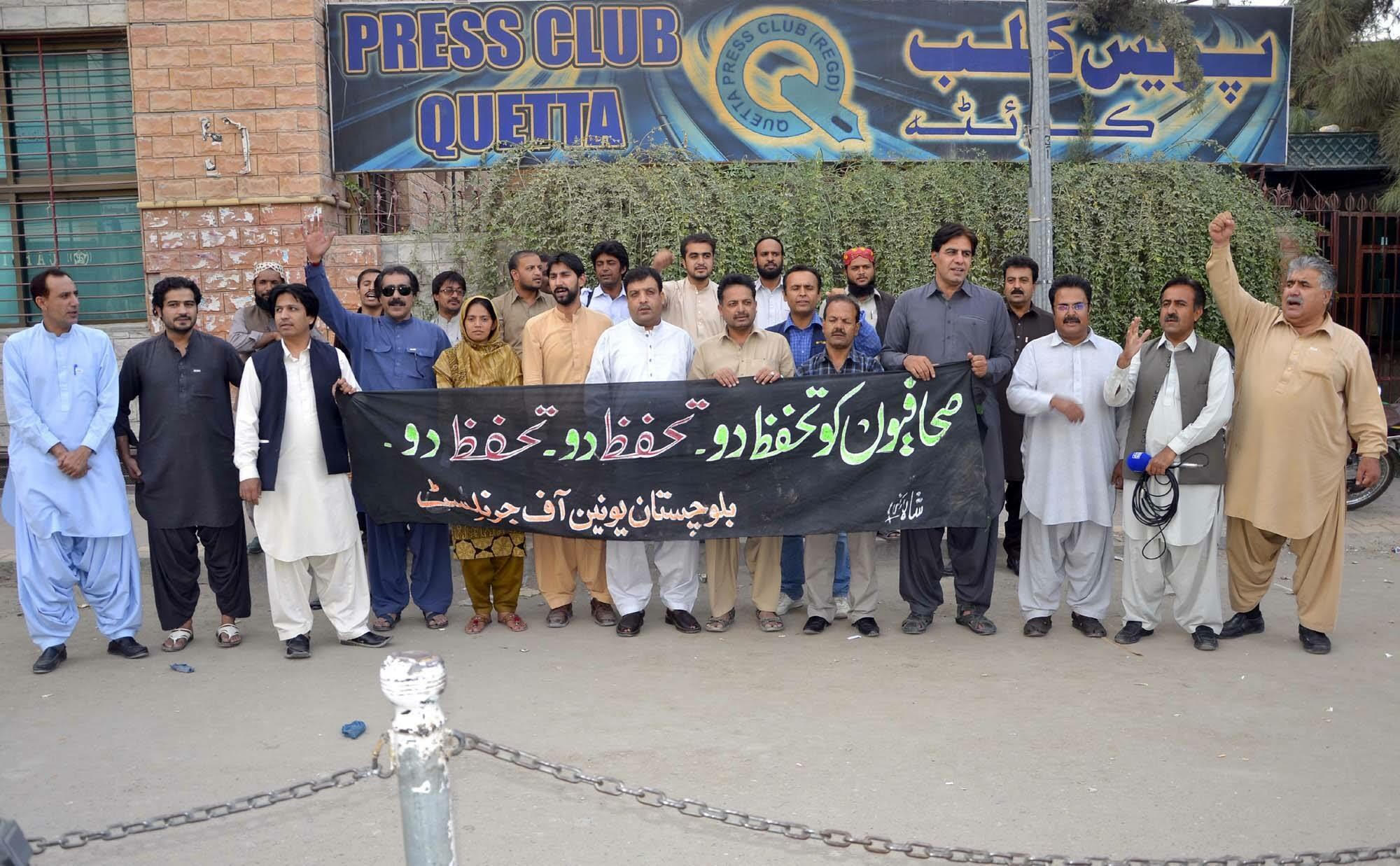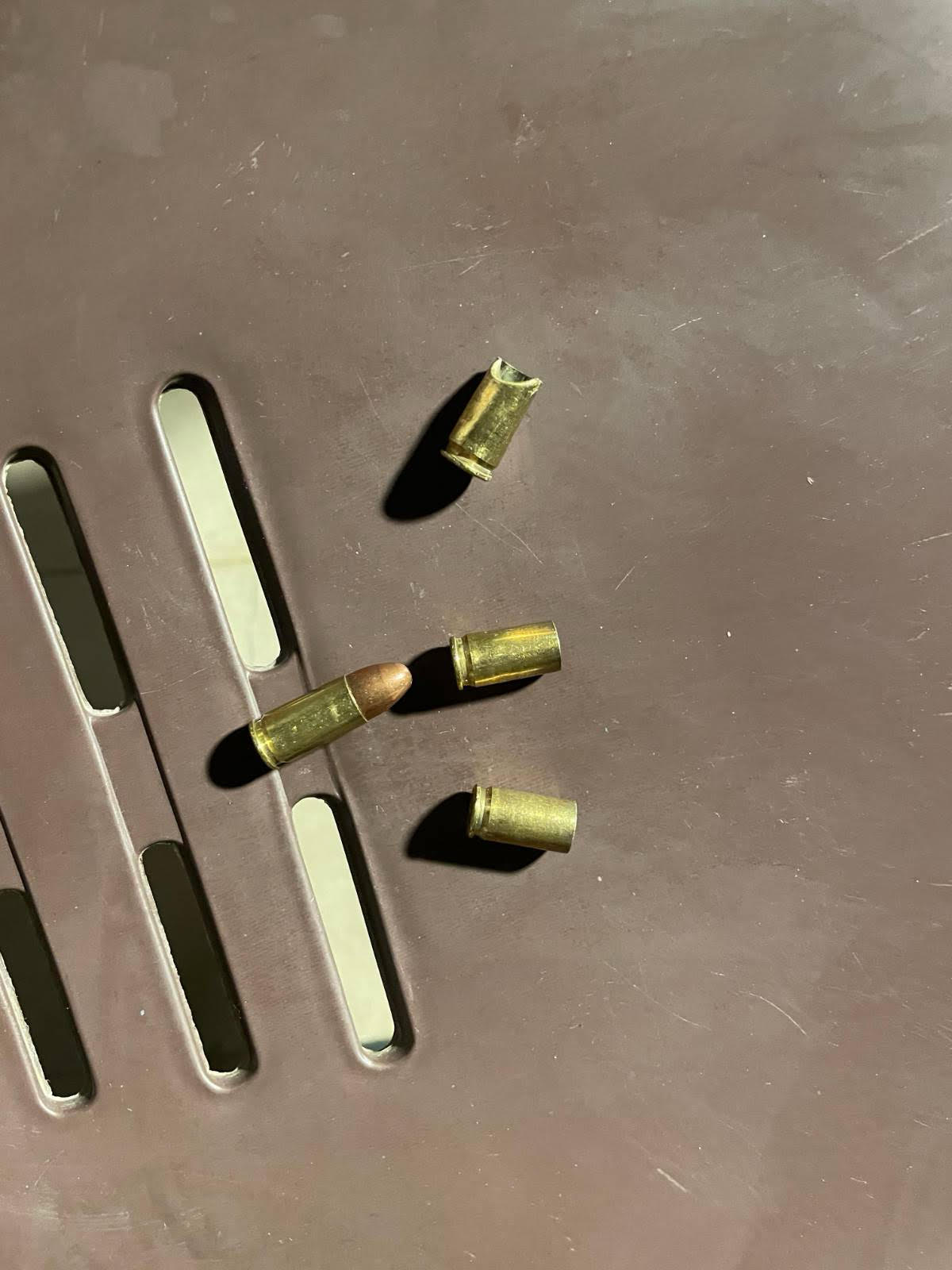Iqbal Khattak
Main theme for this year’s edition of World Press Freedom Day, falling on 3 May, is relationship between the press and democracy. The theme appears quite relevant for the subject and deliberations in those over hundred events which freedom of expression flag-bearer UNESCO hopes will take place worldwide will be worth attending.
“Media for Democracy, Journalism and Elections in Times of Disinformation”, is the theme UNESCO and its partners framed to highlight what damages fake news or misinformation is inflicting on journalism by demeaning journalists.
Journalists are increasingly becoming victim of misinformation. Indeed, not all. Only critical journalists or those who are challenging the power corridors in Islamabad or provinces. But Pakistan is unlike many other countries around the globe where the list of threat categories journalists face is not as long as it looks in our case.
Around a dozen categories of threats, topping the list is physical assassination, are documented each month and they go unnoticed.
“Dead” Press Freedom
A journalist’s tweet to showcase state of press freedom in the country may have caught your attention. He tweeted: “Media is as freer as a dead body in its grave.”
Shahzeib Jilani is facing cyber terrorism case and worse was to come when he was told of dismissal from job after his employer or immediate supervisor could not succumb to the “pressure.” Hardly, few journalist colleagues were seen standing by him in a Karachi court’s corridor where he was seeking pre-arrest bail.
His case exposed journalists to far dangerous situation. Vulnerability level automatically increased if the employer or editor is seen not taking stand on you, thus, making press freedom predators’ job easier. If the employer or the editor supports you as we saw in Cyril Almedia case then it makes you stronger.
Weak organizational support among Pakistani media houses increased journalists’ risks. On the other hand, strong organizational support among foreign media houses in Pakistan made their local staffers stronger and they somehow remained safer than those working for Pakistani media houses.
Lack of unity among journalists and media owners has also contributed to the current state of the press freedom. As long as there was legacy media we had seen strong sense of solidarity among the owners. With non-legacy media’s arrival, a complete breakdown is preceded among the same owners.
More grouping among working journalists made Federal Union of Journalists and regional unions of journalists weaker. They are struggling to unify. And so are the owners! Press freedom predators are getting stronger, meanwhile. Strong network of press clubs across the country has been disappointing to reverse the situation.
Since spring 1999, so much hopelessness was unseen before. Resistance is paving the way for complete surrender. No need to pen case studies. They are very much on the wall.
Self & enforced censorship
Renowned journalist Saleem Safi wrote in his May 1 weekly column that writing on youth movement “Pashtoon Tahafuz Movement (PTM)” is risky subject than outlawed militant organization TTP (Tehreek-e-Taliban Pakistan) and instead repeated his January 30 column while skipping his thoughts on latest presser by the military spokesman in which Maj.-Gen. Asif Ghafoor warned PTM: “Time is up.”
Investigative journalist Umer Cheema tweeted it takes longer time to draft a tweet now than before as he is drafting and discarding tweet every time he calculates risks the tweet may involve.
Press clubs are refusing venue to the PTM leaders to express themselves. So far Peshawar Press Club and National Press Club in Islamabad offered own reasons for the refusal. However, critics are not ready to accept these reasons and believe state institutions other than civilians are dictating.
Journalist Talat Hussain uploaded his columns to his Twitter account after his employer refused to publish them. In TV talk shows, narratives, approved by the military, is aired without giving the accused or the party in question right to reply. Every day, much is talked about the PTM but no channel is giving the accused a chance to reply as journalism ethics demand.
There is absolutely freedom to bash political parties, politicians or dissidents, however. Balochistan, missing persons and human rights abuses in areas where military operations conducted are “haram” themes. A journalist in Bara area of Khyber district in Khyber Pakhtunkhwa “received threats” after he reported reaction of grieved family having lost dear ones in Hayatabad encounter with what the provincial government said terrorists. Subsequently, he was dismissed from job as well.
Last frontier of freedom
When ‘Arab Spring swept some Arab countries in Middle East and North Africa in December 2010 it also alerted authorities here and they began taking measures to thwart any such spring. A senior intelligence official told my colleague working with Islamabad-based foreign organization equipping Pakistani journalists with physical and digital safety tools that “do not hope that Pakistan will have any Arab Spring-like movement.”
Internet is the last information frontier authorities here are desperate to control. It is not easy, experts believe. However, fake news or misinformation is producing reasons to make strong case that Internet should also be regulated on pattern of print and electronic media. A step in this direction is Prevention of Electronic Crimes Act-2016, popularly known as PECA law and Shahzeib Jilani is tried under this law for his journalism work and tweeting.
At time of its drafting, I along with other press freedom defenders strongly objected and warned if it was passed the law will take journalism out of Pakistan. Exactly, the same is happening. Anyone who is challenging the powerful military establishment or the state organs or the government faces greater prospects of being booked under PECA law. More than a dozen cases made under PECA law involve journalists.
Paid or party loyalists or supporters trolling online also a threat to press freedom demeaning journalists with fake news. The military is encouraging youth to avail internship to fight what senior military commanders call as “5th generation hybrid war.”
Pakistan is down three positions in latest Reporters Without Borders’ 2019 World Press Freedom Index than it was in 2018 and its ranking is all set to go down if the country does not reverse the press freedom situation helping to make national media stronger.
The author is Reporters Without Borders’ representative in Pakistan and heads Pakistani organization Freedom Network. He tweets @khattak63
State Of Press Freedom In Pakistan
- May 3, 2019
- 10:37 am
- No Comments
More from the News section
July 26, 2023
No Comments
June 20, 2023
2 Comments
March 21, 2023
No Comments
August 30, 2022
No Comments
August 30, 2022
No Comments

Resize text-+=
